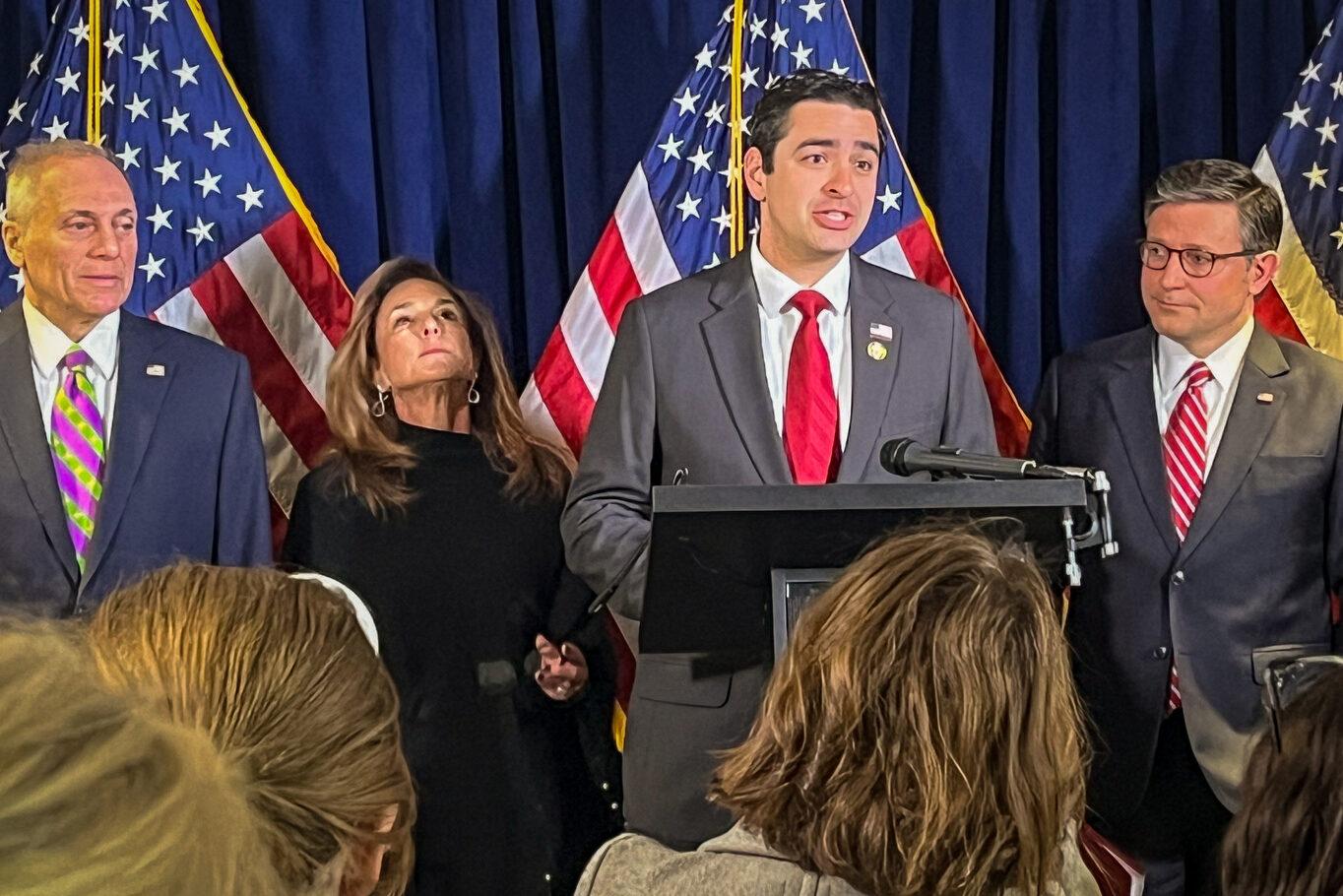
An apparel company is challenging Colorado's new law protecting transgender rights.
Attorneys with the Alliance Defending Freedom, a conservative Christian legal advocacy group with a history of challenging Colorado’s LGBTQ protections, are suing the state on behalf of XX-XY Athletics, a sports apparel company, over the Kelly Loving Act.
The law expands anti-discrimination protections for transgender people, including listing deliberate dead-naming, when a transgender person is called by their former name, and misgendering, as a form of discrimination and harassment.
In its suit, the sportswear company argues the law violates the First Amendment by requiring it to identify a transgender person by their gender and use their chosen name. “The Act coerces the company to speak against its principles and alter the meaning of its core message,” the lawsuit alleges, highlighting two examples where the company referred to a high school and college athlete by their birth name and gender.
“XX-XY Athletics believes that women deserve to compete fairly and holds to the commonsense view that biological differences exist between men and women, but Colorado’s law places them at risk for speaking the truth. We are urging the court to protect the ability of Coloradans to openly express their beliefs on this hotly debated issue,” said ADF Senior Counsel Hal Frampton in a statement.

The law underwent changes during the legislative process after LGBTQ groups worried the original bill would be vulnerable to legal challenges. Among other revisions, backers removed language that would have made it unlawful to publish materials that misgender or deadname a trans person.
“This isn't if someone shows up at your workplace and you call them the wrong name or misgender them. There has to be intentionality to cause harm. And so this is about the action to the individual and not just the speech,” said Democratic state Sen. Faith Winter, a bill sponsor, at the time.
While the bill was still being debated, Shannon Minter, legal director of the National Center for Lesbian Rights, told CPR News that the bill’s changes were intended to make sure the law focuses on action, not protected speech. “This is about a pattern of singling someone out and treating them differently in the same way that if you call someone names or use language that's racist or sexist, when you're referring to an individual person, that can constitute discriminatory conduct.”
Colorado’s law comes as the Trump Administration has rolled back numerous rights and protections for transgender people, from recognizing people only by their gender assigned at birth and allowing homeless shelters to deny services or housing based on a person’s gender identity to banning transgender service members from the military and reversing transgender health protections.
Democratic state Rep. Lorena Garcia of Adams County, another of the bills’ main sponsors, said at the time, “the threats are real, the fear is real, but our pushback also needs to be real, and I don't feel like we pushed hard enough against what the administration is doing.”
In addition to changes to the deadnaming section, the bill was significantly watered down to remove some provisions dealing with child custody and protections for youth and parents of trans youth from other states traveling to Colorado to receive gender affirming care.
This isn’t the first legal challenge to the Kelly Loving Act, which is named for a trans woman killed in the Club Q attack. Earlier this month, four groups that oppose transgender rights sued, saying being required to use a transgender person's chosen name and recognize their gender violates First Amendment rights and forces some speakers to say something they don’t believe.
CPR’s Bente Birkeland contributed to this story.









